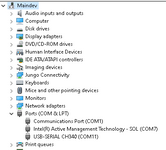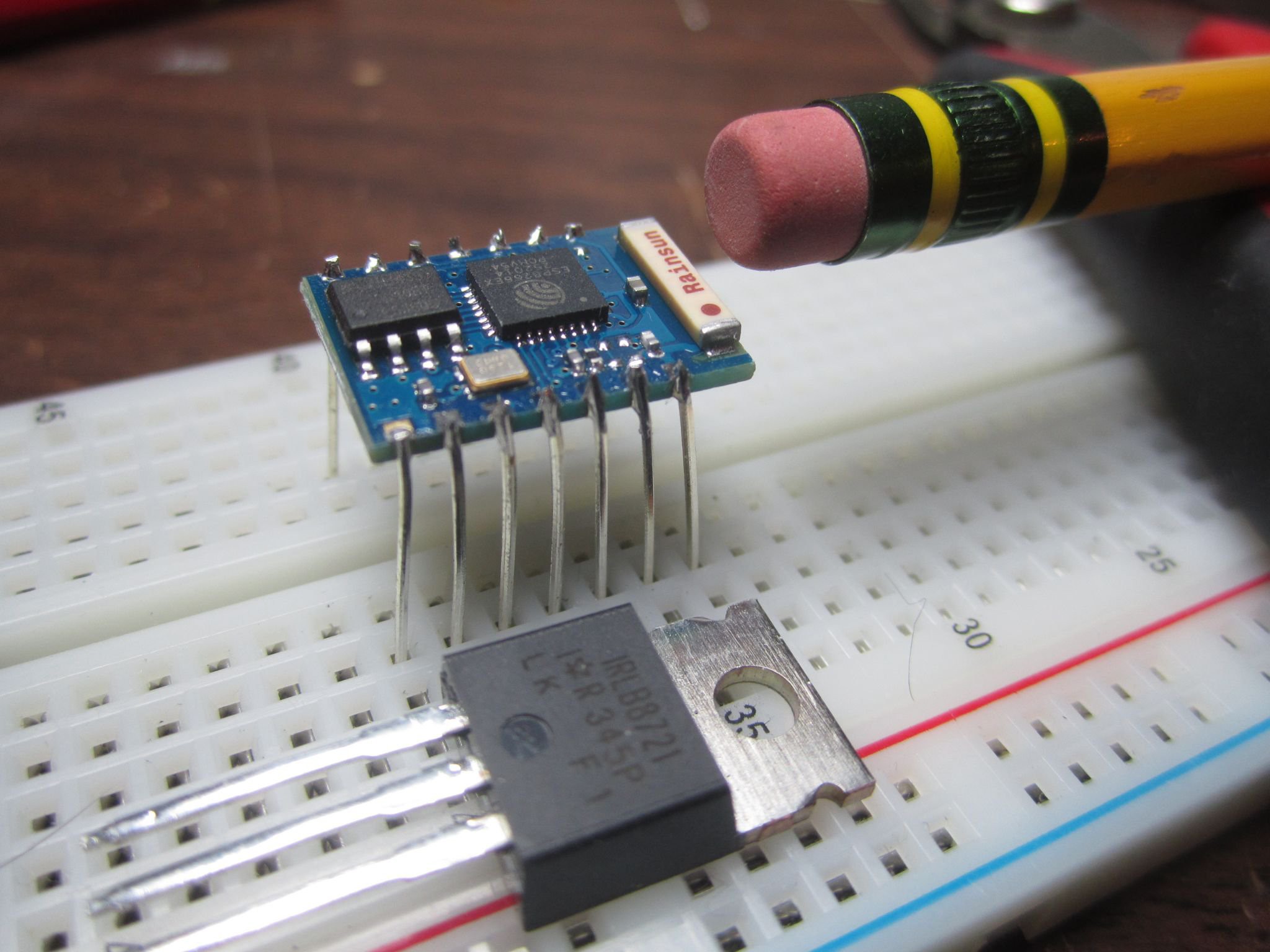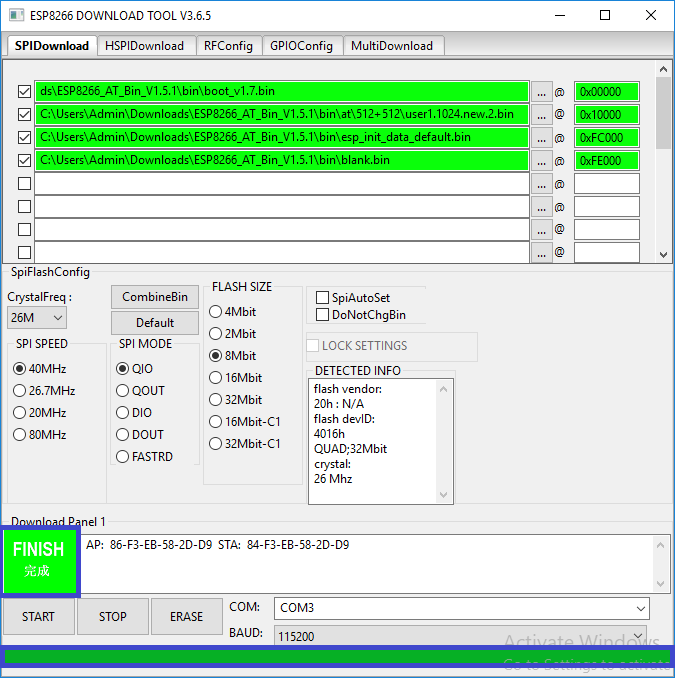ark5230
Advanced Member level 3

NodeMCU not detected.
Arduino IDE is not detecting brand new nodeMCU where as it is detecting previously used NodeMCU on the same system and setup. I bought a new nodeMCU it is also having the same problem. Device manager reports it as "USB Single Serial".
What might be going wrong?
Arduino IDE is not detecting brand new nodeMCU where as it is detecting previously used NodeMCU on the same system and setup. I bought a new nodeMCU it is also having the same problem. Device manager reports it as "USB Single Serial".
What might be going wrong?






